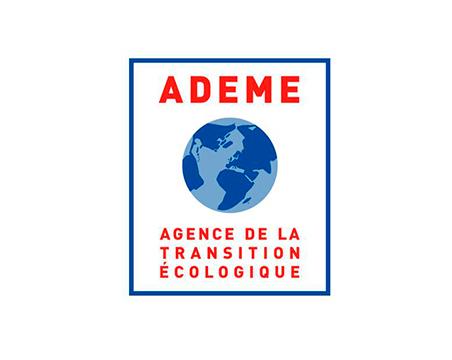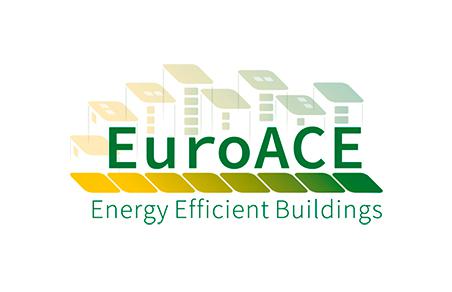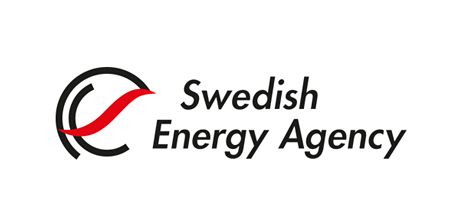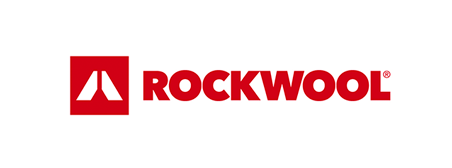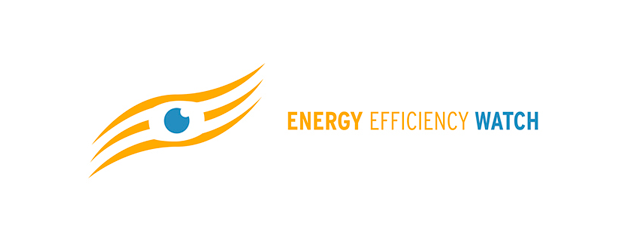Panel 9. Energy efficiency and sustainability of industry
Industry is a key player in the path towards decarbonisation. Not only is this sector responsible for 40% of the global emission of greenhouse gases, but it also faces the challenges of being highly energy-intensive and capital-intensive. With the latest policy developments, such as the “Fit for 55” package, Europe is trying to prove to the world that a climate-neutral industrial continent is feasible. Other economies have similar policy packages. This requires a deep rethinking of what we mean by energy efficiency in industry.
While energy efficiency is one of the most effective ways to decarbonise industry, it is not the magical solution that solves all issues, but it must be integrated with other initiatives, such as electrification, use of renewable energy sources, circular economy and resource efficiency, energy communities, and green hydrogen. Moreover, technological innovation in the field of energy efficiency must be paired with policy, subsidies and incentives to make interventions profitable, and with a multi-level governance that allows for cooperation between public and private sector, both locally and in a broader perspective (national or multi-national).
In terms of cooperation, also the integration of energy efficiency across the supply chain, including eventually circular economy principles, might be a necessary step to share the benefits of energy efficiency and open opportunities for many companies, especially small and medium enterprises, that often lack the resources to act individually.
As industries and policymakers are starting to act globally, a broad range of urgent issues emerge, which will be discussed in the panel:
- What is the role of industry in achieving European and global targets for energy demand reduction and decarbonisation?
- What is the role of electrification and how can we manage to decrease energy consumption while using high-consuming technologies?
- How can energy efficiency be integrated with other interventions (e.g., renewable energy sources, hydrogen production and/or use, circular economy and resource efficiency, energy communities) to achieve carbon-neutral industries?
- How can we make use of the potentials of material efficiency and circularity for demand reduction and higher secondary shares of basic materials in a competitive world market environment?
- How can we accelerate the implementation of innovative, breakthrough technologies needed for a climate neutral basic industry and how to quickly ramp up investment in these?
- How can digitalisation support industrial energy efficiency? How can industry support a smart energy system?
- Should we invest in direct electrification or hydrogen? What is the best energy vector for zero carbon industry? Are there alternative or complementary pathways?
- What are the barriers to financing industrial energy efficiency and industrial transitions, and how can they be overcome? Are these challenges different for SMEs?
- How can SMEs be more involved in the energy transition process?
- What is the role of auditing and energy management standards such as ISO 50001 in achieving carbon neutral industry?
- What is the recipe for an effective policy package for a climate neutral industry?
- What has been and will be the impacts of COVID and the Ukraine crisis on the decarbonisation of industry? What are the lessons learnt?
- Which modifications will the industrial system workforce need to smooth transition to zero carbon industry? Do we have the skills and the workforce to do it?
The panel aims at integrating these aspects of the transition towards climate-neutral basic industries. Scientists, policy makers and industry practitioners as well as decision makers will exchange the latest approaches and findings and particularly benefit from the huge body of concepts and success stories from energy efficiency.
Panel leaders

Anna Realini, Uffici.a di Davide Tedeschi S.A.S., Italy
Anna is Energy Manager at OMCD Group, Italy. She is responsible for energy management for a group of company in metallurgy sector. After a M.Sc. in Energy Engineering at Politecnico di Milano, she has previously worked as Engineer for an Energy provider and then, for several years, as Researcher at RSE, focusing on Energy Efficiency in industry and residential sectors. Her current research interests are mostly in the decarbonisation of industry, through the combined use of energy efficiency, renewable sources and circular economy.

Thomas Björkman, Private consultant, Sweden
Starting from a master degree in Polymer Technology, Thomas has been working in Swedish manufacturing industry. The focus was on projects to remove CFCs from products and the other producer responsibility issues. After a second master in “Environment and sustainable organisations” Thomas has been working with energy efficiency and climate issues in industry. His engagement is based on the cornerstones resource management, organisational change and local/regional cooperation to take the first steps in resource efficiency in a circular context.










